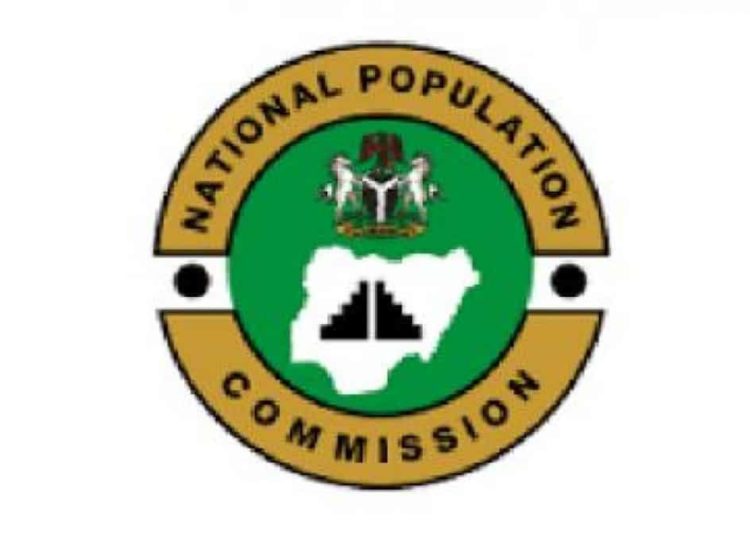National Population Commission (NPC) said it has engaged a total of 14,461 staff, comprising 13,461 adhoc enumerators and 1,000 facilitators for the Trial Census, which holds from June 27 to July 30, 2022.
The executive chairman of the commission, Hon Nasir Isa Kwarra disclosed this in Abuja yesterday, during a press conference, ahead of the commencement of the Trial Census.
Kwarra added that a total of 7,718 Enumeration Areas (EAs) have been selected for the Trial Census, which is meant to test-run suitability and readiness for the actual census in 2023.
He stated that the selection of the coverage areas has been scientifically and purposively carried out to achieve the objectives of the Trial Census, adding that samples from all states of the federation and the FCT is expected to yield nationwide information on specific issues that may arise for the next census and come up with possible solutions.
The executive chairman of the commission, however, stated that the Trial Census is not the actual enumeration of persons for the 2023 Population and Housing Census, adding that the outcome of the Trial Census would not form the basis of the 2023 Census.
He maintained that the data generated during the Trial Census would not be used to arrive at figures for the 2023 Census, which he noted, is going to be zero based and from information collected in April 2023.
Kwarra, however, said that some states have been selected for full LGA enumeration to test challenges around complete coverage under various scenarios, such as in hard to reach areas, special population, and rural urban settings.
The six local government areas which would be fully enumerated during the Trial Census are, Toungo LGA, Adamawa State (North East), Daura LGA, Katsina State (North West), Karu LGA, Nasarawa State, (North Central), Imeko-Afon LGA, Ogun State (South West), Idemili South LGA, Anambra State (South East), Brass LGA, Bayelsa State (South South).
He also used the occasion to appeal to security agents in the selected LGAs to assist in providing security for it’s field functionaries and materials, in view of the precarious security situation in some of the communities.
We’ve got the edge. Get real-time reports, breaking scoops, and exclusive angles delivered straight to your phone. Don’t settle for stale news. Join LEADERSHIP NEWS on WhatsApp for 24/7 updates →
Join Our WhatsApp Channel









